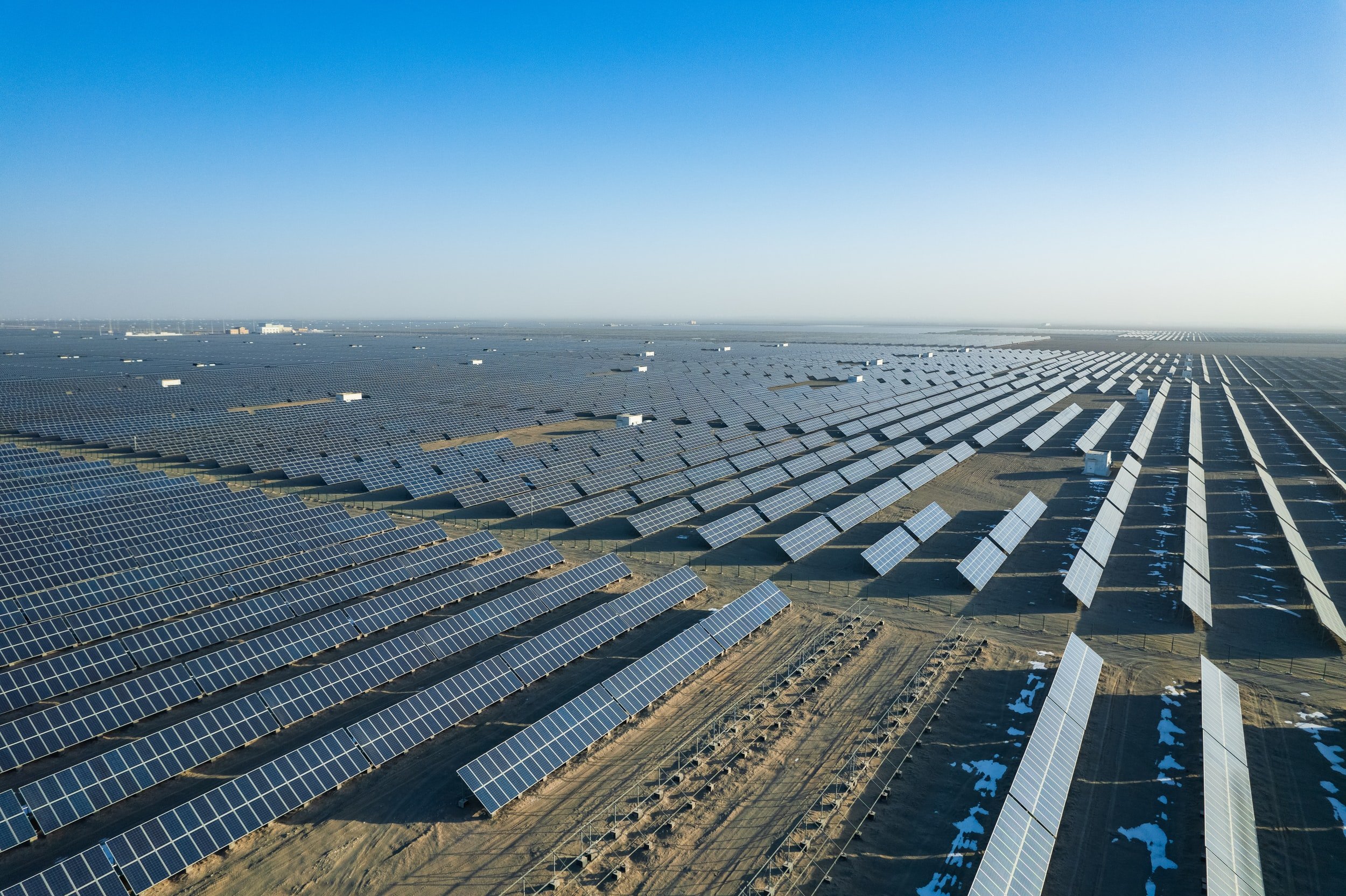
Community Choice Aggregation
What is CCA and Why is it Important
Community Choice Aggregation (CCA) allows municipalities to aggregate, or combine, the purchase of electricity on behalf of all the residents and businesses within their borders
while the utility—in our case Central Hudson—continues to operate the electrical grid and deliver the power. Because the CCA is buying power on behalf of a large group of customers, it has the ability to secure stable rates and cleaner (non-fossil-fuel), cheaper energy. A CCA can also be a platform for additional actions supporting a broader energy transition for residents and businesses
Local Power
Local Ownership
Visit our Resources page to learn more about the history of CCA and what sort of questions you should ask if a CCA is being proposed in your municipality.
CCA IN KINGSTON
Further Reading & News
In Kingston, important steps are being taken to create an advanced CCA program that will actively involve community members in creating affordable programs to address all their energy-related needs.
CLP has long advocated for an advanced form of CCA in New York—a version of CCA that harnesses collective buying power, scale, local knowledge, and community leadership to provide not just clean affordable energy supply, but clean energy education, incentives, investment, and wealth-building opportunities that will benefit individuals and businesses, build the local economy and strengthen community resilience while reducing greenhouse gases.
Until now, New York CCAs have largely limited their work to the purchase of cleaner, greener electricity supply (CCAs are permitted to include gas, but so far none has done so in New York). But that is changing, as new rules, new opportunities, and new actors are starting to move the model forward to focus more on local clean energy resources.
Kingston’s CCA will take advantage of recent advances in CCA practice, including the ability to integrate community solar and community hydro projects that allow all residents to participate while saving on their energy bills. Other planned initiatives include supportive financing for energy efficiency so homeowners can afford to invest in weatherization, air-source heat pumps, and geothermal. There are also programs planned that encourage non-fossil-fuel transportation and support regenerative practices like composting or putting atmospheric carbon back in the soil by choosing plants that naturally do this. All the new programs will aim to improve Kingston communities’ long-term energy sustainability and quality of life.


